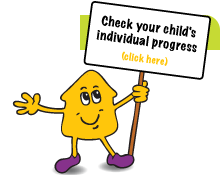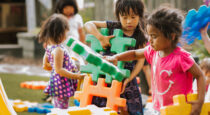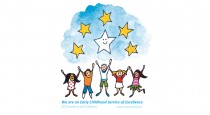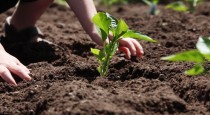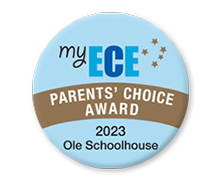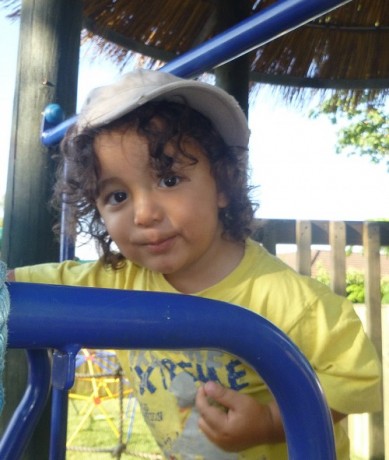Assessment
Assessment
Learning dispositions, dispositions-in-action, and learning stories
With so many of our families regularly using EDUCA (our online learning story programme) it is useful to reflect on how we use learning stories as a means of assessment. Learning stories integrate learning dispositions into a story framework and include an analysis of the learning. They frequently include possible pathways or what next? suggestions. What do learning dispositions look like in action? Here are five examples that will often appear in a story sequence: taking an interest; being involved; persisting with difficulty, challenge, and uncertainty; expressing a point of view or feeling; and taking responsibility.
Each of these dispositions-in-action can be seen to represent some aspects of more abstract learning dispositions. Over time, teachers begin to consider these dispositions on their own merits, not as part of a story sequence. For example, taking an interest has been useful in noticing and recognising aspects of courage and connectedness inside the Belonging/Mana Whenua strand of Te Whariki (the ECE curriculum); being involved has represented aspects of trust and playfulness inside the Well-being/Mana Atua strand; persevering with difficulty, challenge, and uncertainty has given voice to aspects of resilience and curiosity inside the Exploration/Mana Aoturoa strand; expressing a point of view or feeling has relevance to aspects of communication and resourcefulness inside the Communication/Mana Reo strand; and taking responsibility has enabled many aspects of responsibility and collaboration to be documented in the Contribution/Mana Tangata strand. This is how learning dispositions are defined in our learning community.
When you online to Educa, our families can include learning stories of their own. They can upload photos, send messages to the staff or just relate something that has happened with their child at home that made them smile or made them realise how amazing young children are. Whatever they post remains private to the staff and the family. This is how Educa can provide a powerful tool to help us work together in supporting the children development.
